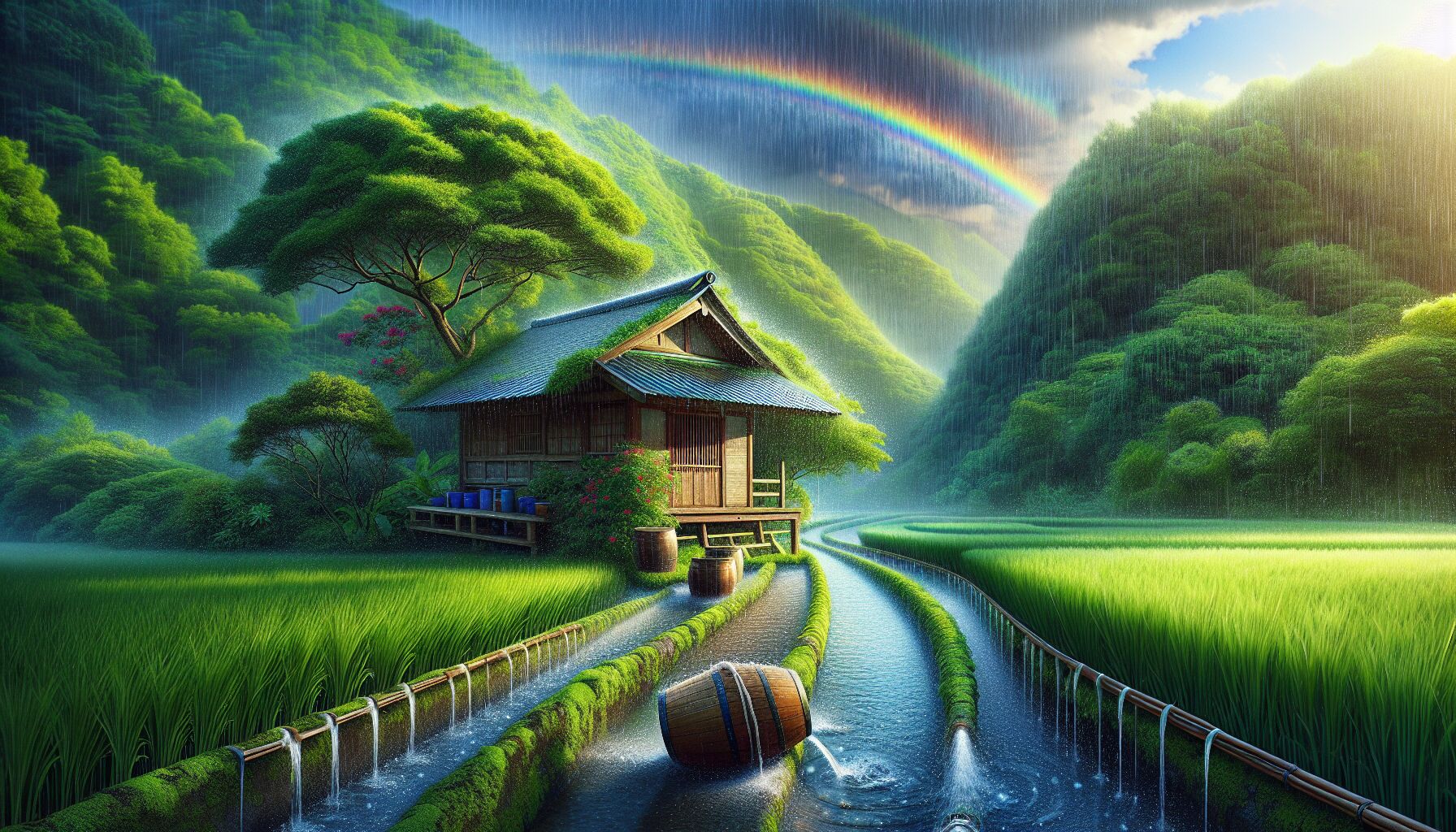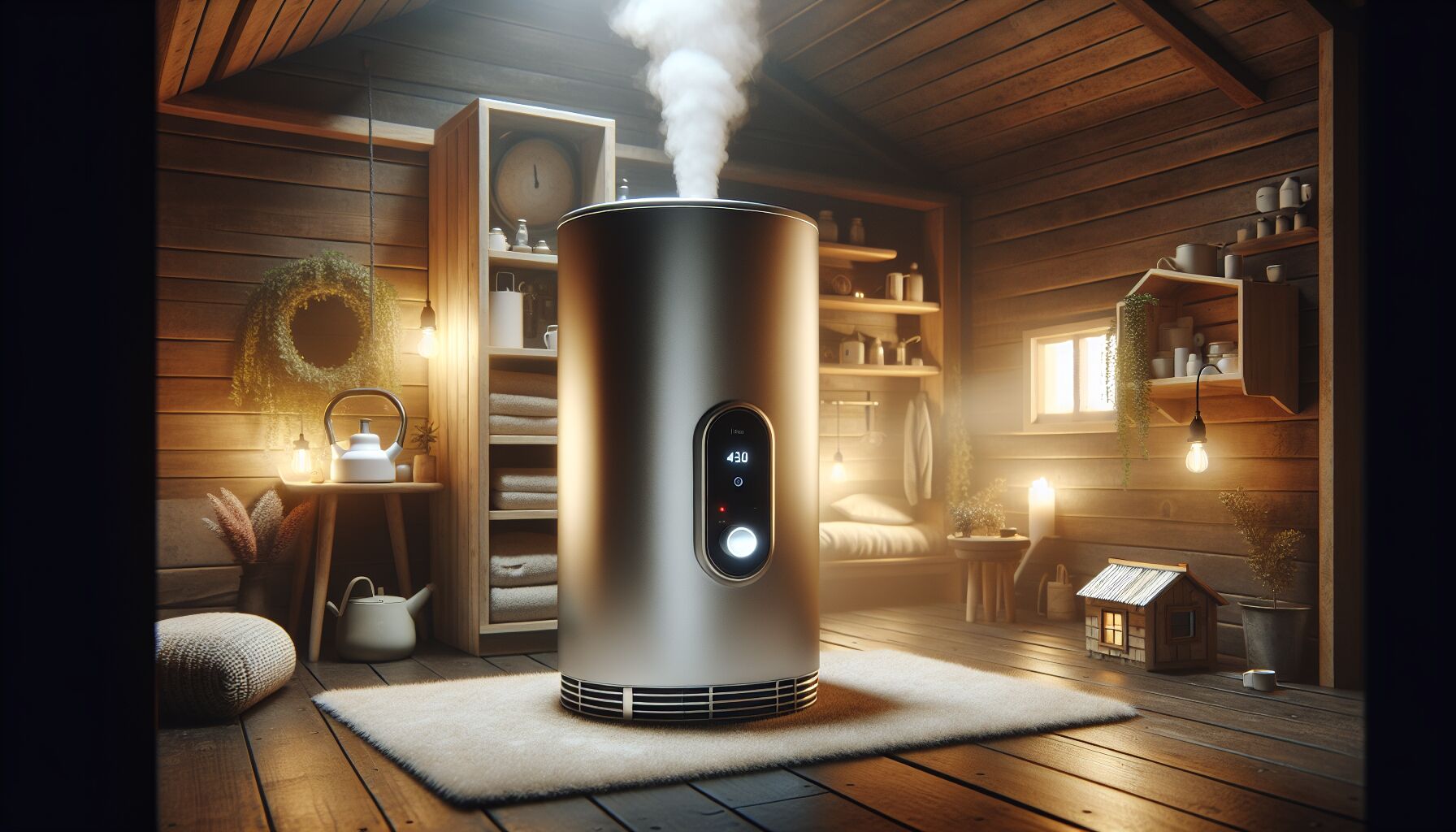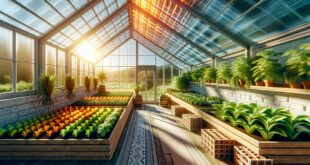 Water is life’s true elixir, and on the journey toward sustainable living, finding a reliable source of it is crucial, especially when you’re away from the comforts of city infrastructure. Whether nestled in a tiny home or setting up a rural homestead, figuring out how to efficiently source water off the grid isn’t just about survival; it’s about harmonizing our existence with nature’s rhythms.
Water is life’s true elixir, and on the journey toward sustainable living, finding a reliable source of it is crucial, especially when you’re away from the comforts of city infrastructure. Whether nestled in a tiny home or setting up a rural homestead, figuring out how to efficiently source water off the grid isn’t just about survival; it’s about harmonizing our existence with nature’s rhythms.
So, how do you go about it? First, consider rainwater harvesting. It’s not just a fancy term; it’s a genuine game-changer in off-grid water solutions. Setting up a rainwater collection system can be as straightforward as installing gutters, a barrel, and a basic filtration system. You might ask, “Does it rain enough to make this viable?” Well, even in drier climates, collecting rainwater can significantly supplement your water needs. As Claude Monet once said, “I am following Nature without being able to grasp her, I perhaps owe having become a painter to flowers,” it also suggests that sometimes nature provides us with all the resources we need—we just have to notice and accept them.
But rainwater isn’t the only path. Ever thought about drilling a well? Of course, this isn’t something you can tackle solo, but with the help of professionals, a well can provide a steady supply of water. Yes, it’s an investment, but when you weigh it against the peace of mind that comes with knowing you have a continuous source of fresh water, it balances out.
Then there’s the wonder of springs—the earth’s natural faucets. If you’re fortunate enough to settle near one, these bubbling brooks can offer clean water with minimal effort. However, remember the essential step here: test your water. It’s fun to imagine clear spring water quenching your thirst after a day of gardening, but it’s vital to ensure it’s free from harmful pathogens before you take that sip.
As we explore these plumbing alternatives, let’s consider water’s cycle as more than a simple loop. It’s a dynamic dance—interconnecting the clouds and rivers, rain and ocean. By aligning our water practices with this natural cycle, we not only support ourselves but foster an appreciation for the planet’s delicate balance.
Next time you notice raindrops splattering onto your roof or the whispering rush of a nearby creek, consider the hidden potential they hold. Are you relying on reusable resources, or perhaps it’s time to pivot toward more sustainable methods? As you ponder these questions, you’re not just engineering a household system. You’re participating in an ancient conversation—where humanity and nature meet in a quiet, profound exchange.
This journey is as much about practicality as it is about inner growth and respect for our beautiful world. So, why not let this be an awakening to the hidden willows and streams beneath our feet? With a bit of ingenuity, sustainable water sourcing becomes not just possible, but deeply rewarding.
Eco-friendly wastewater management
When you step out of the hustle and bustle of the city, thinking about how to responsibly manage wastewater might feel a little daunting. But here’s the thing: it’s incredibly crucial for sustainable living, especially when you’ve chosen the path less traveled, like in tiny homes or rural homesteads. So, let’s walk through some balanced and practical ways to handle what happens after you turn on the tap.
First, consider natural systems called constructed wetlands. Picture this: a garden that not only beautifies your space but also treats wastewater before it reenters the ground. Does it sound like magic? It’s not; it’s nature’s way. These systems, when engineered correctly, use plants, gravel, and soil to filter out impurities, cleverly modeling the Earth’s natural cleaning processes. Thomas Edison once remarked, “There’s a way to do it better—find it.” And aren’t these wetlands just an echo of that ingenious spirit?
Then, there’s the option of composting toilets. Some folks might raise an eyebrow, but these are a remarkable example of how off-grid water solutions can truly meet eco-friendly standards. Modern designs have transformed this idea from old-timey to cutting-edge, breaking down waste into compost with minimal odor and maximum efficiency. Consider this a win-win for the environment and your peace of mind.
And let’s not forget greywater systems. These strategize to repurpose water from sinks and showers for irrigation, reducing waste and nourishing your garden. Diverting greywater not only conserves traditional water sources but also nourishes your plants. After all, why let good water go down the drain when it can sustain life once more?
Beyond just system setups, think about the impact on the psyche. Doesn’t it make you pause and reconsider our connection with nature? Just as rain nourishes a field, we have responsibilities that run deeper than the soil, nurturing this delicate balance with what we take and what we return. Can our homes operate within these cycles, reflecting a commitment to cherishing and preserving our ecosystem?
All of these plumbing alternatives emphasize the philosophy of conscious existence, turning everyday actions into a dialogue with nature. In some ways, dealing with wastewater off-grid is like putting together a puzzle, a rewarding challenge with both immediate and lasting benefits. And if you think about it, are we not clearer minded, more forthright, when our very living contrives to model this pristine beauty?
So, let’s consider managing wastewater as a harmonious dance, understanding there’s no waste in nature, just resources waiting to be developed. And when you’re feeling that connection, you’ll find it’s not just about managing what’s flushed away—it’s about what you’re creating anew. For those attuned to Earth’s rhythms, these solutions resonate with that quiet truth: each choice holds water in the vessel of sustainability, reshaping the world with intention and care.
Innovative plumbing technologies
 Thinking about tiny homes or cozy rural escapes, the mind jumps to space-saving tricks, but have you pondered how your plumbing could match that ingenuity? With today’s quirky mix of old-school craftsmanship and high-tech innovation, your plumbing system can be both fascinating and fun. So let’s delve into some mind-stirring innovations that don’t just run with the times—they dance.
Thinking about tiny homes or cozy rural escapes, the mind jumps to space-saving tricks, but have you pondered how your plumbing could match that ingenuity? With today’s quirky mix of old-school craftsmanship and high-tech innovation, your plumbing system can be both fascinating and fun. So let’s delve into some mind-stirring innovations that don’t just run with the times—they dance.
Let’s kick off with the touchless faucets. What was once a commercial-only gadget has now made its way into homes that cherish every drop. Imagine waving your hand to get water—a small act, yet profoundly impactful in conserving precious resources. Pair that with a smart valve that shuts off after a couple of minutes, and water wastage becomes almost a thing of the past. Plus, you get the added bonus of feeling like a wizard!
Then there’s the tankless water heater—a marvel of modern engineering. Unlike traditional water tanks that gobble up energy to keep a reservoir hot, tankless heaters heat water as you need it. It’s like magic. Run your tap, and voilà—hot water flows forth without delay or extra energy expenditure. This isn’t just smart plumbing; it’s a philosophy of sustainable living in action. It’s worth finding out more about the technology behind these systems at the U.S. Department of Energy.
These days, technology lets homes converse with their plumbing systems. Smart leak detectors can sniff out leaks in their infancy, sparing you from water damage—and a heartache. Attach them near vulnerable spots, like under sinks, and get instant alerts on your phone if they detect something fishy. Isn’t that a wonderful way to marry security with sustainability? These detectors remind us that sustainable living is as much about vigilance as it is about conservation.
How about piping that’s an echo of the earth? PEX tubing offers flexibility, durability, and won’t corrode over time like metal pipes. It’s like using the gentlest of brushes to paint your water pathways, each curve a testament to modern plumbing alternatives. And installation? It’s like piecing together a jigsaw puzzle, rewarding and meditative.
Lastly, the idea of hydroponic gardens isn’t just reserved for food cultivation—it’s reshaping our water use. Hydroponically treating greywater can further trim down waste, turning used water into a lifegiving force for green spaces. Isn’t it enchanting how something once considered waste can sprout such beauty?
Imagine these systems as partners in time—each piece a note in the same harmonious tune of off-grid water solutions. Imagine staring at the great wide starlit sky, knowing your choices not only sustain your home but tread lighter on the Earth. As John Muir once penned, “When one tugs at a single thing in nature, he finds it attached to the rest of the world.”
So why not flex your creative muscles and connect with that web of life? Reinvent your plumbing as a conduit for transformative living—a direct link between earth and hearth. What’s exciting isn’t just the tech or the tools, but the insights they provide us into interconnected living. Are you ready to tinker at the cusp of tradition and tomorrow, blending the wisdom of yesteryears with the vibrancy of today?
 DS Haven In Light Of Things
DS Haven In Light Of Things






